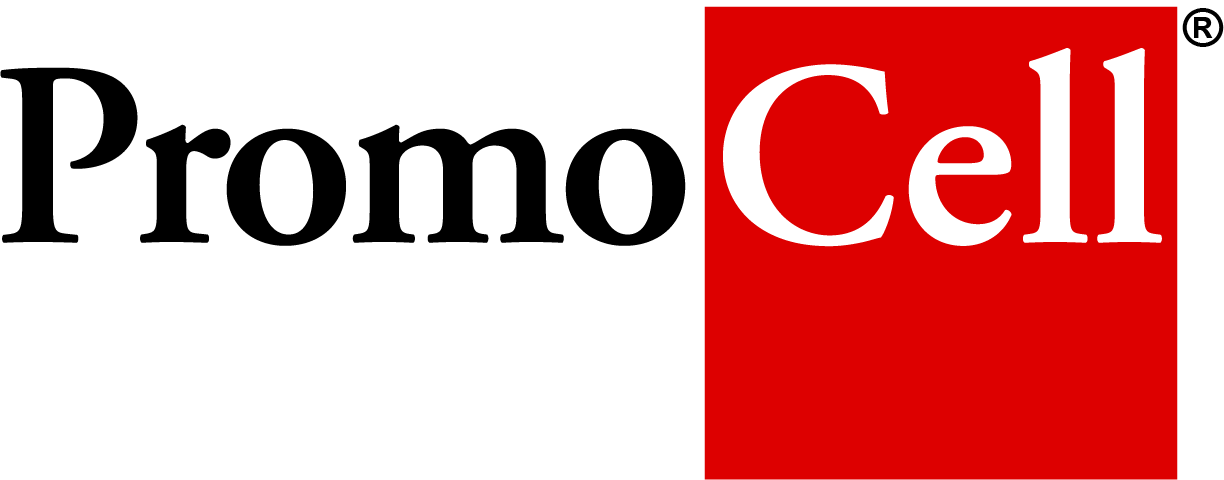The Human Leukocyte Antigen (HLA) system plays a fundamental role in the determination of histocompatibility between different individuals and regulation of the human immunity. In research, this role is highly important in fields such as organ transplantation and in the development of cancer immunotherapies, an expanding interdisciplinary field of understanding the role of the immune system in cancer progression and treatment. In the last years cancer immunotherapy, including immune checkpoint inhibitors, adoptive cell therapies and tumor vaccines, has shown groundbreaking results in the treatment of cancer. It uses the body’s own defenses to specifically target the cancer cells, as an alternative to chemotherapy, radiotherapy, or surgery.
The key mechanisms in cancer immunotherapy are T cells recognizing tumor antigens presented by HLA on the membranes of tumor cells and subsequently inducing an immune response. In the human system, there are different types of HLA classes. HLA class I cell surface proteins are expressed on all of the body’s nucleated cells including tumor cells, presenting endogenous peptides to the immune system, mainly T cells. HLA class II molecules are mainly expressed by antigen-presenting cells (APCs), presenting exogenous peptides/antigens to mainly CD4+ T cells.
At present, a great range of therapies using TCR-engineered T cells are focused on HLA class I expressing CD8+ cytotoxic T lymphocytes (CTL) as a crucial component of the adaptive immune system. Thereby, one of the challenges the cancer immunotherapy field is facing, is the limited number of T cell epitopes that have already been identified. Most of the known peptides are restricted by HLA*02:01 to target CTL-based immunotherapy (Wang et al.; 2020). Furthermore, cancer cells frequently escape immune surveillance by downregulating the expression of MHC class I molecules. This type of MHC class I‐deficient tumour cells develop from MHC class I‐positive primary tumours in early stages onto formation of a homogeneously MHC class I‐negative tumour (Garrido and Aptsiauri; 2019). These factors imply a significant need to expand targets in tumor adoptive immunotherapies.
Therefore, researchers have turned to focus on MHC class II expressing CD4+ T lymphocytes, whose role in antitumor immunity is becoming increasingly interesting in tumor-specific therapeutic applications. Already in 2008 researchers investigated the impact of CD4+ T cell polarization on tumor rejection by generation of a MHC class II-restricted, T-cell receptor (TCR) transgenic mouse model in which CD4+ T cells recognize a novel epitope in tyrosinase-related protein 1 (TRP-1), an antigen expressed by normal melanocytes and B16 murine melanoma (Muranski et al.; 2008). The researchers compared different types of T cells and showed that the appropriate in vitro polarization of effector CD4+ T cells is decisive for successful tumor eradication. Additionally, similar to the long-term tumor regression in human using CTLs-based immunotherapies, a clinical study achieved a long-term complete response of patients with metastatic melanoma treated with autologous DP4-restricted NY-ESO-1 specific CD4+ T cell clones (Hunder et al.; 20018). Because of these and other studies more and more researchers believe that due to the heterogeneity in tumor microenvironment, the combination of different immunotherapies, such as HLA class I-restricted and HLA class II-restricted TCR-T, is critical for the success in fighting cancer.
At PromoCell we support researchers identifying new targets for immuno-oncology drug development by providing the HLA data for MHC class II genes in combination with the MHC class I genes for over 100 HLA-typed donor cells. It can take up to several weeks to get results back from traditional HLA-typing, slowing down your research. To help streamline the process, we provide the possibility to only receive a donor with the HLA-type the researchers wish to work with and to save the time and money otherwise required to identify cells with a suitable HLA profile. These cells, which are ready to ship, come from a range of human tissues, including the peripheral blood, bone marrow, kidney, skin & connective tissue, musculoskeletal system, cardiovascular system, respiratory system, adipose tissue, umbilical cord & placenta, and uterus.
To receive more information about PromoCell’s HLA-typed human primary cells, fill out our request form or get in touch with the scientific support service via email or phone call.
